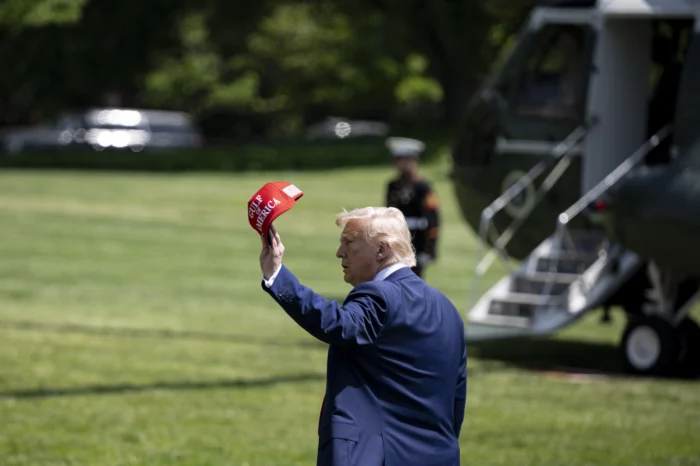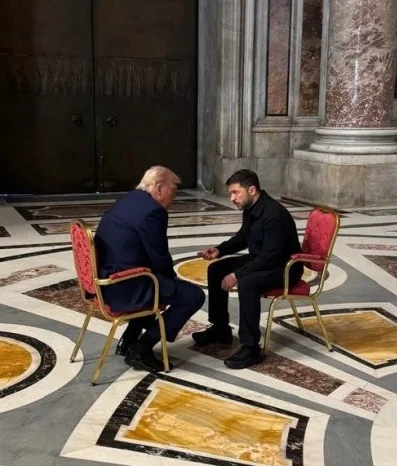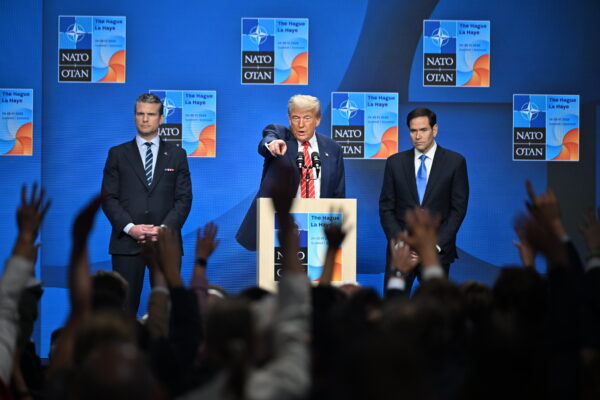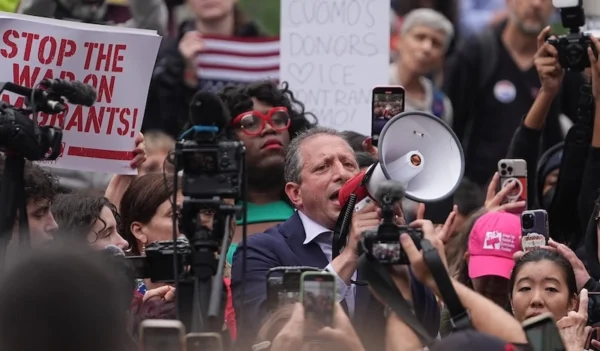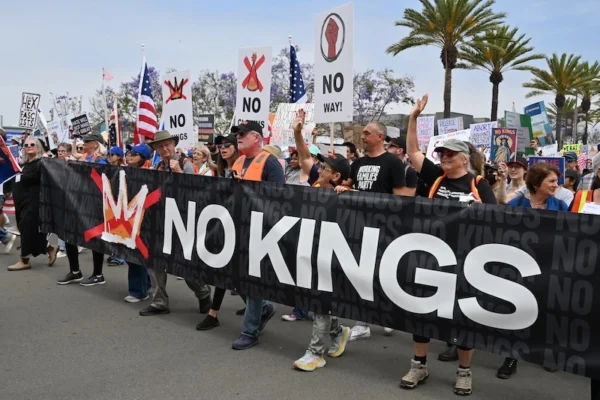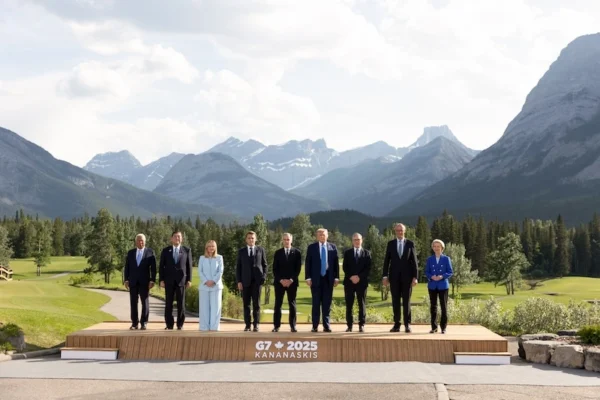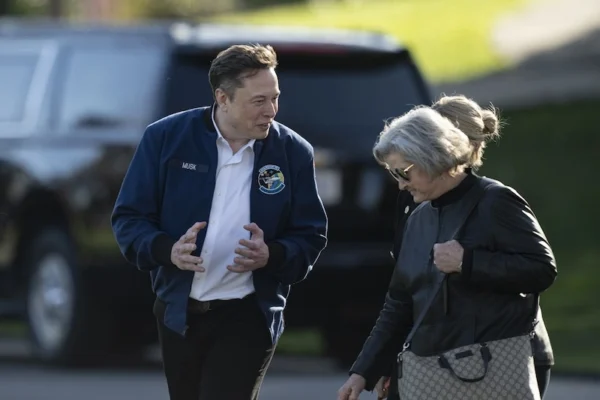SETA D.C. Hosted 2nd Annual Conference on The Future of the U.S.-Turkey Partnership
On May 10th, 2016 the SETA Foundation at Washington D.C. (SETA DC) hosted its 2nd Annual Conference, “The Future of the U.S.-Turkey Partnership.” The conference featured three panels with experts from both Washington and Turkey.
On May 10th, 2016, SETA Foundation at Washington D.C. (SETA DC) hosted its 2nd Annual Conference, “The Future of the U.S.-Turkey Partnership.”
In the first panel, “NATO and U.S.-Turkey Security Cooperation in a Turbulent Region,” discussants highlighted that Turkey remains a critical U.S. ally and NATO member, but that the U.S.-Turkey relationship has found itself strained over the events in Syria.
“This is not the first time we are discussing a crisis situation and it will not be the last one. But this time is a little bit different because it affects national security issues within Turkey,” said Hasan Basri Yalcin of SETA Foundation, Istanbul. However, he argued against the assertion that the U.S. and Turkey are diverging in their goals, stating that the current differences between the allies are contextual rather than structural.
National Defense University’s Richard Outzen reminded the audience that the U.S.-Turkey military relationship has never been easy. He warned that this continued to be the case, arguing, “we are coming dangerously close to stepping across a line that has only been stepped across once” with the 1975 arms embargo of Turkey.
Moeed Yusuf of USIP drew parallels between the U.S.-Turkey and U.S.-Pakistan relationships. In both cases, the two countries shared a common goal with the U.S. to defeat terrorism but had very different priorities. Yusuf explained, “both sides increasingly become suspicious of the other’s agenda or why they are not showing sensitivity” to their concerns.
In addition to U.S.-Turkey cooperation, panelists discussed Russia’s activity in the region. CSIS’s Jeffrey Mankoff stated that Turkey’s relationship with Russia broke down over Syria because the two countries are pursuing incompatible objectives.
The second panel, titled “The Syrian Conflict: Divergences and Convergences in U.S. and Turkish Policies,” featured conversation about the complexities of each country’s Syria policy.
Panelists agreed that a lack of clarity in the Obama administration’s Syria policy, coupled with its weak communication with Turkey, has had negative consequences both in Syria and in U.S.-Turkey relations.
Andrew Tabler from the Washington Institute for Near East Policy outlined the major differences and similarities between the U.S. and Turkey’s policies in Syria, stating that the two countries have little overlap.
“Ankara understands that groups within Syria must be understood as shades of grey,” Tabler explained. Compared to the U.S., Turkey is more comfortable with working with groups that have Islamist leanings but are effective in fighting the Islamic State.
According to Burhanettin Duran of the SETA Foundation, the Obama administration’s “non-intervention” mentality changed the nature of relations between the U.S. and Turkey and the broader Middle East. This mentality created more space for regional players to compete for power. Duran added that as Syria continues to become a greater security issue for Turkey, the new U.S. president will have to face this issue more actively.
Bassam Barabandi, Political Advisor to the Syrian High Negotiation Committee, said miscommunication between the U.S. and Turkey and uncertainty over agreements between the U.S. and Russia are stalling efforts to improve the humanitarian situation in Syria. Barabandi continued, “The main purpose of the Geneva talks is the humanitarian cause for Syria’s people.”
Panelists also highlighted the divergence between the two allies regarding Kurdish groups in northern Syria.
National Defense University’s Denise Natali asserted that, regardless of Kurdish ambitions, there will not be a Kurdish state in northern Syria. However, “the U.S. is not making clear enough that it is not supporting an independent Kurdish state,” she stated.
The last panel looked forward to whether the future U.S.-Turkey relations will be a strategic, transactional, or model partnership.
Ilan Goldenberg focused on the perception that the U.S. is withdrawing from the region, rejecting this assumption as only partially true. Whatever the future of the U.S. role in the Middle East, he maintained, everything in the region affects Turkey and is therefore central to the U.S.-Turkey relationship.
Kilic Kanat of the SETA Foundation at Washington D.C. said that the U.S. and Turkey need to develop a more “strategic dialogue” on the Middle East. Kanat also advised that there should not be raised expectations for the U.S.-Turkey relationship. “We don’t need a new conceptualization for Turkish-American relations; just ‘alliance’ or ‘partnership’ is enough.”
Mark Perry seconded Kanat’s assessment, saying that the relationship is experiencing “deep differences, but also continuing willingness to talk about issues.” He was optimistic that this willingness would continue through the short and long term.


